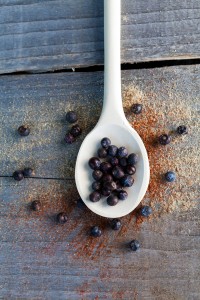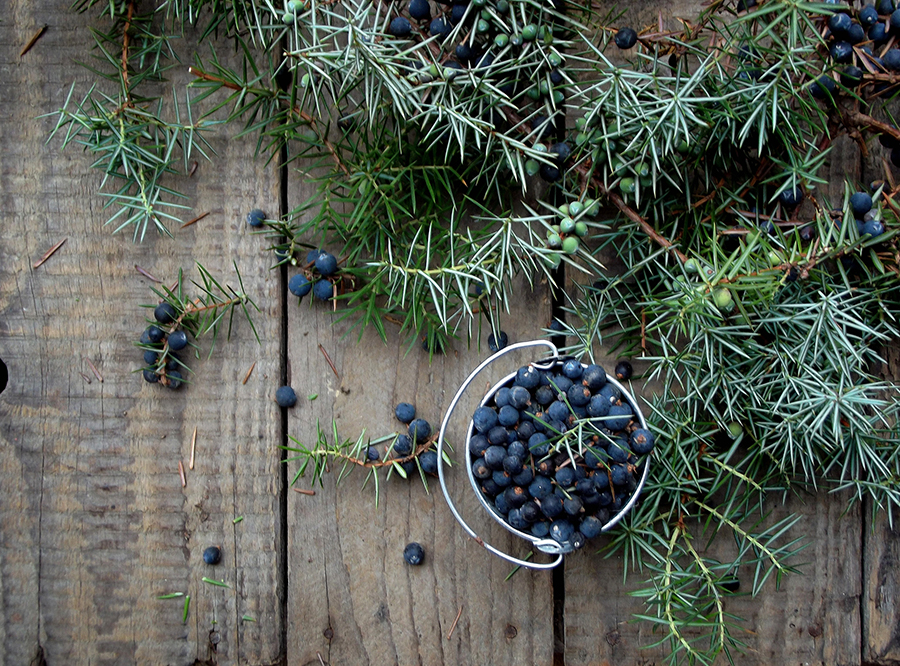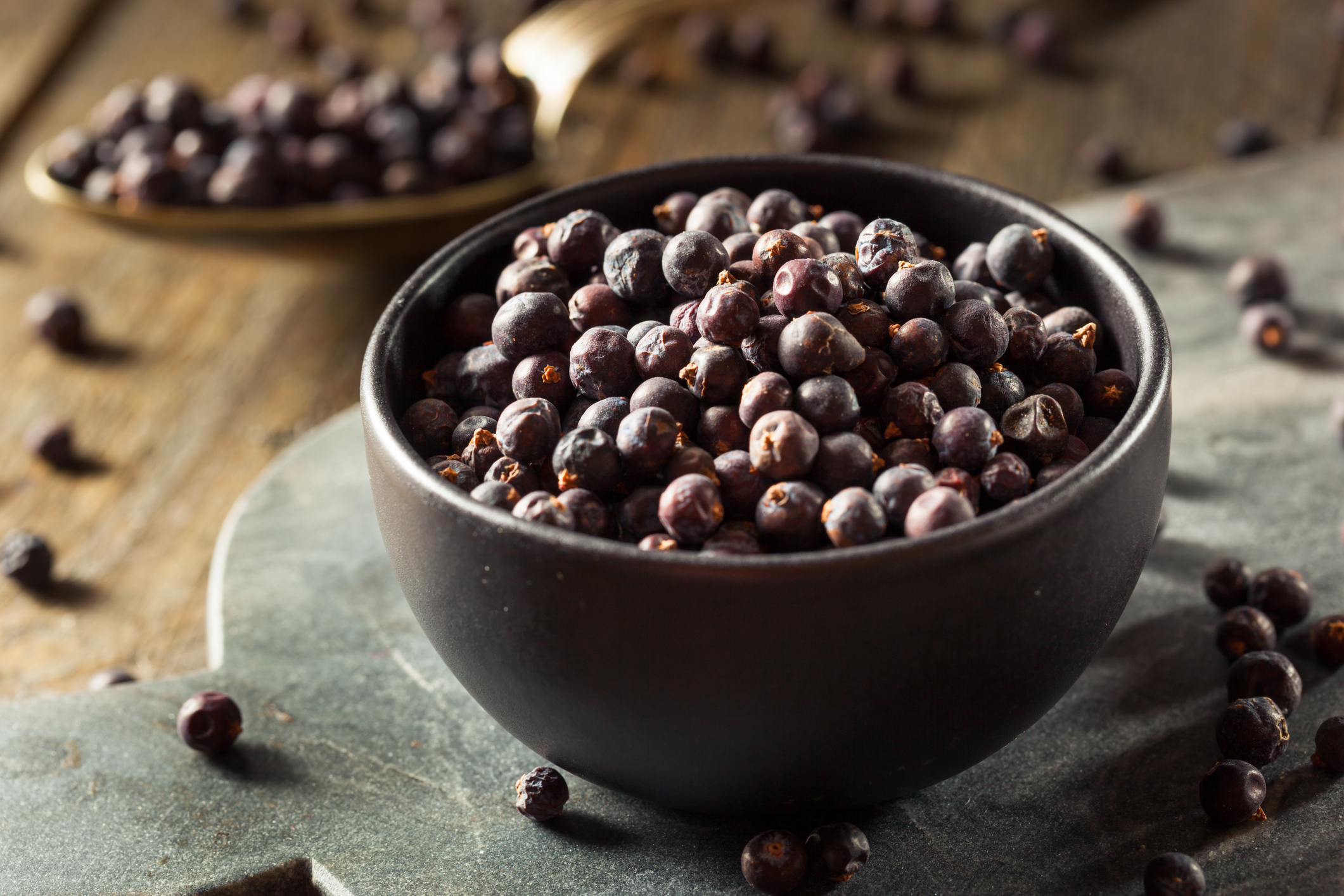Juniper: Jury Is Still Out on Medicinal Safety

You’ve likely heard of Juniper as a trendy additive in foods, often used as a culinary condiment or a flavor component in gin and bitter cocktail preparations. You will also find it as an extract and oil used as a flavoring agent in a variety of foods and beverages. Aside from these culinary uses, juniper is also used medicinally, especially as a diuretic and anti-diabetic agent and there are some really important considerations to know about when considering juniper used for these conditions.
 Juniper, officially Juniperus communis, is used therapeutically in oral form in capsules, tinctures or oils for a variety of gastrointestinal issues including heartburn and infections, to help treat diabetes, high blood pressure and cancer. Studies have shown that juniper fruit extracts have significant antioxidant activity in vitro (in a lab setting). Studies have shown that juniper fruit extracts are good scavengers of potentially damaging pro-oxidants like hydrogen peroxide, superoxide, and free radicals. The antioxidant capacity of juniper comes from the phenolic compounds, similar to many other fruits and vegetables, and appear to be the responsible, beneficial part of the berry.
Juniper, officially Juniperus communis, is used therapeutically in oral form in capsules, tinctures or oils for a variety of gastrointestinal issues including heartburn and infections, to help treat diabetes, high blood pressure and cancer. Studies have shown that juniper fruit extracts have significant antioxidant activity in vitro (in a lab setting). Studies have shown that juniper fruit extracts are good scavengers of potentially damaging pro-oxidants like hydrogen peroxide, superoxide, and free radicals. The antioxidant capacity of juniper comes from the phenolic compounds, similar to many other fruits and vegetables, and appear to be the responsible, beneficial part of the berry.
Freshly crushed juniper berries or chopped juniper wood have been added to boiling water and allowed to steep for 10 minutes as a possible medicinal preparation. Most current research indicates that there just is not enough research on the effectiveness to recommend it at this time.
When used orally in amounts commonly found in foods. Juniper, juniper berry, and juniper extract has Generally Recognized as Safe (GRAS) status in the US. Food sources – like so many other plant-foods – are the best way to go in regards to safety.
Possible Side Effects/Cautions
There are some really serious considerations for using juniper medicinally. For example, overdose may lead to kidney and skin damage. Juniper berry tea can damage the kidneys with overuse or in pregnancy, according to German clinical trials. There is also fear that juniper oils can be irritating to the kidneys or bladder as they are metabolized then excreted in the urine. Juniper is likely unsafe when used orally in excessive amounts, long-term. Keep in mind that juniper can interfere with fertility and is not safe for uses when pregnant.
Juniper does have some interactions with medications and herbs including a moderate interaction with anti-diabetes drugs and diuretics. Do monitor blood glucose levels closely and keep in mind that some herbs and supplements with hypoglycemic potential including devil’s claw, fenugreek, guar gum, Panax ginseng, and Siberian ginseng should be avoided or discussed with your doctor. Juniper berry could irritate the gastrointestinal tract or even exacerbate gastrointestinal conditions. It can also lower blood pressure and interfere with blood pressure lowering medications. It seems that, for now, juniper is safest for use in food, especially with certain medical conditions.
What do you think? Let us know in the comments if you have had a positive experience with Juniper!
Resources
Natural Medicines Database. Juniper. https://naturalmedicines.therapeuticresearch.com/databases/food,-herbs-supplements/professional.aspx?productid=724. Updated 12/30/2015. Accessed 4/24/17.
Tam TW, Liu R, Saleem A, Arnason JT, Krantis A, Haddad PS, Foster BC. The effect of Cree traditional medicinal teas on the activity of human cytochrome P450-mediated metabolism. Journal of ethnopharmacology. 2014;155(1):841-6.
Elmastaş M, Gülçin İ, Beydemir Ş, İrfan Küfrevioğlu Ö, Aboul‐Enein HY. A study on the in vitro antioxidant activity of juniper (Juniperus communis L.) fruit extracts. Analytical letters. 2006;39(1):47-65.


